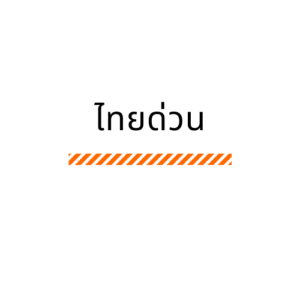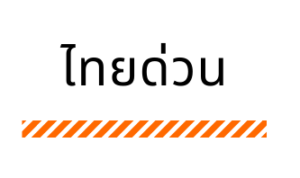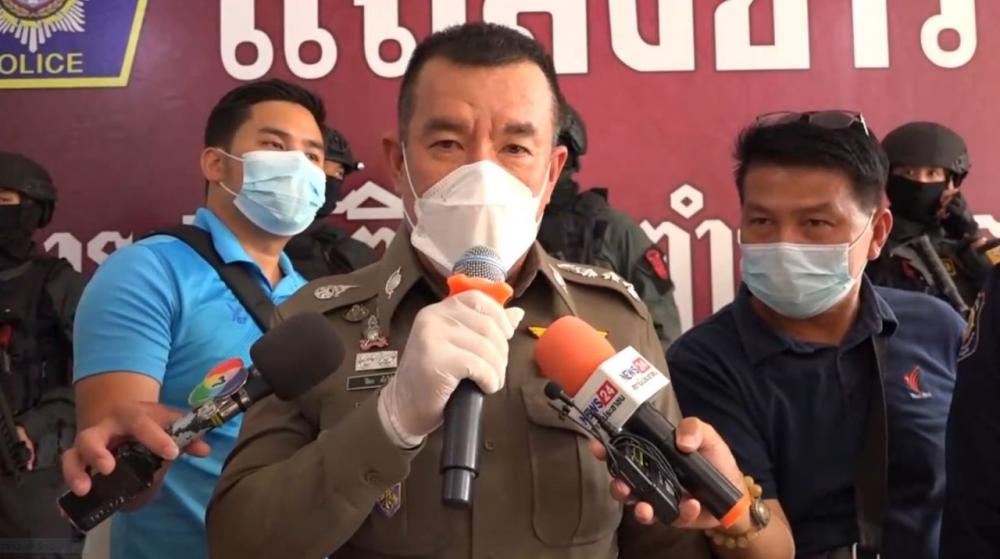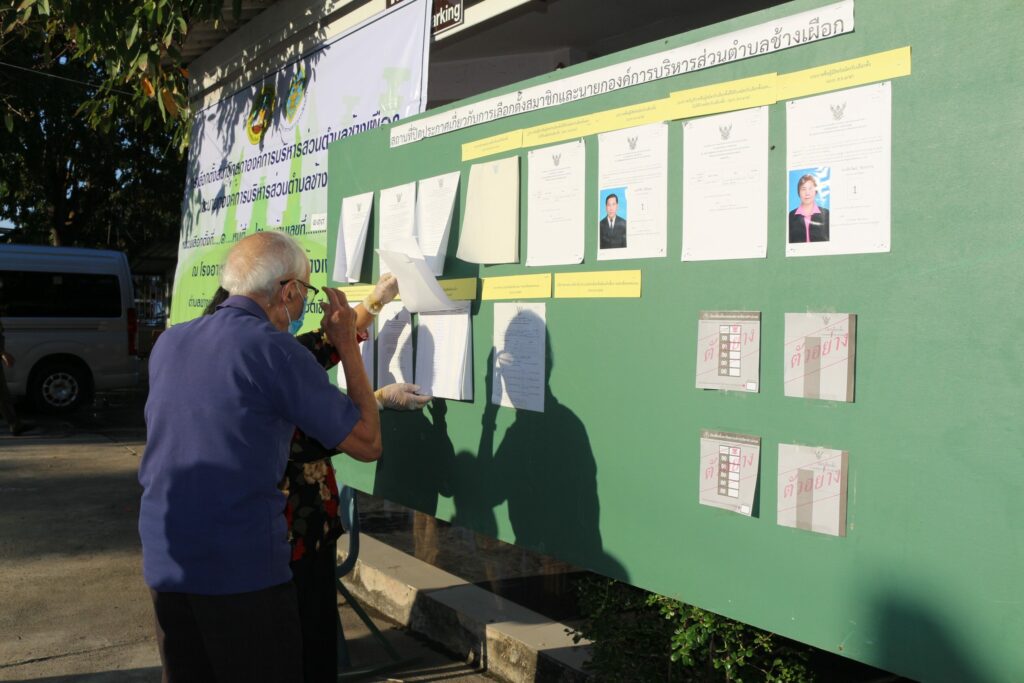The COVID-19 Crisis Affect Sleep
March 21, 2021 at 11:20 a.m.
Philips has released a new record. The COVID-19 Crisis Affect Sleep We recommend Thai people to take care of a good night’s sleep on World Sleep Day
- 71% of Asia Pacific respondents said they had deteriorated sleep health as a result of the COVID-19 epidemic. Which negatively affects work, bedtime, health and sleep.
- In 2020, people in the Asia-Pacific region saw an average increase of 7.2 hours per night, but over 41% said they were not satisfied with the quality of their sleep.
- Asia Pacific Population It is open to the use of telehealth technology and access to more information about health and sleep online. But worry still hinders sleep apnea screening visits.
Royal Philips (NYSE: PHG, AEX: PHIA), the global leader in healthcare technology. New statistics are released from the 6th Annual Sleep Survey on World Sleep Day. Corresponding to March 19 in the topic “Finding Solutions: How COVID-19 Changed Sleep Around the World” noted that the COVID-19 outbreak has occurred. It affects the health of people all over the world. Not just respiratory but also affects sleep health According to a survey of APAC samples on sleep data, more than two-thirds, or 71%, had poor sleep health as a result of the COVID-19 epidemic.
Due to the epidemic situation of COVID-19 has created a feeling of fear and panic among the people of the world, which stress and anxiety inevitably affects the sleep of people around the world. It has been more than a year since the world faced this crisis. According to the data, people in the Asia-Pacific region spent an average of 7.2 hours a night in 2020 (up from 7.1 hours last year), but more than 41% said they were dissatisfied with the quality of their sleep. As a result, people in Asia Pacific want to improve the quality of their sleep. You can consult a specialist by accessing information online or using telehealth technology.
The population in the region is faced with poor quality of sleep.
According to the Asia-Pacific Population Survey, more than 50% believe the COVID-19 outbreak has occurred, which contributed to the poor quality of sleep. 22% said they slept less at night and 44% said they were sleepy during the day. He felt like he had a good night’s sleep. Many of them still had trouble sleeping well all night. The survey found that 42% had trouble waking up in the middle of the night and 33% had fallen asleep unconsciously, while 26% had insomnia. The first cause of insomnia comes from stress and anxiety (21%), followed by smartphone and tablet use (17%) and the sleeping environment (16%).
Above all, stress and anxiety affect the quality of sleep. It was financial anxiety (54%), followed by work (52%), followed by health and family (38%) and family (34%). 42% remain concerned about the COVID-19 epidemic. That doesn’t seem to be resolved in the near future
Mobile phone Impairs the quality of sleep
According to the survey, 50% of people use their phone in bed and over 50% agree that using the phone is the last thing they do before bed. And it’s the first thing they do when they wake up in the morning. 49 percent of them use their phones for entertainment, 37 percent charge their phones in bed all night, and 22 percent say they wake up. To answer the call or reply to a message in the middle of the night
Additionally, over 78% of people agree that talking on the phone in bed causes them to slow down their sleep. They spend their time watching social media (75%), watching videos (67%), reading emails (39%), texting (37%) and keeping up with the COVID-19 situation (45).%)
Adapting a new lifestyle to improve the quality of sleep.
In order to achieve better quality sleep people in the Asia-Pacific region have used different methods. To improve sleep habits Both music therapy (41%), reading (50%), watching TV (39%), going to bed and waking up (35%), reducing caffeinated drinks (25%) and using the sleep monitoring tool (18%))
As a result of the COVID-19 outbreak, this is having a positive impact on raising awareness of the importance of sleep among people in the Asia-Pacific region. Along with turning to the telehealth system and accessing more information online to find solutions to sleep problems for themselves, more than 50% first used telemedicine technology to schedule an appointment to see a specialist during the COVID-19 outbreak consult. 62% of the respondents use telemedicine technology. They are very satisfied with Telehealth and they say that they will continue to use telehealth technology in the future. When they also need advice or monitoring of their sleep quality
From increased sleep problems to this resulted in people in the Asia-Pacific region consulting a sleep specialist (45%) to consult a personal doctor (41%). Find health information online. And on websites (41%) and when consulting experts about telemedicine (40%)
Monitor sleep quality closely to reduce sleep risk factors
As people in Asia Pacific focus on and improve sleep problems. Still, many people fear an obstructive sleep apnea test (OSA). According to statistics, one in three, or around 31%, is worried about having it. Sleep test for fear of being diagnosed with sleep apnea, while 27% believed there was no need for sleep apnea treatment.
Sleep apnea Caused by obstruction of the airways during sleep. Air cannot pass or passably This leads to hypoxia in the blood. There is an increase in carbon dioxide in the blood. Which is harmful? Statistics have shown that 11.4% of Thais suffer from sleep apnea, the most common symptoms of sleep apnea being snoring and intermittent snoring. The frequency of snoring in Thais was 26.4%. In addition, sleep apnea caused patients to sleep inadequately. Hence symptoms of exhaustion on waking and drowsy during the day and though severe symptoms can be fatal

Mr Viroj Vidhayawerot, President and CEO of Philips (Thailand) said: It just happens to have a direct effect on the health and lifestyle of all of us. One of them is the quality of our sleep. Even when people work from home or online. Do More At Home Stress and anxiety from such situations can also have a negative impact on sleep. On this year’s World Sleep Day, Philips would like to run a campaign to encourage Thai people to pay more attention to quality sleep. Because sleep is good and adequate, it helps increase daily work and life potential and is also the starting point for good long-term health. Therefore I would like to advise everyone to observe themselves and their surroundings. If you suspect a sleep-related disorder have consulted a doctor for proper care and treatment. ”
For more information on the results of the Global Sleep Survey and Philips sleep innovations, please visit www.philips.com. Can be followed at Philips.com/WorldSleepDay










